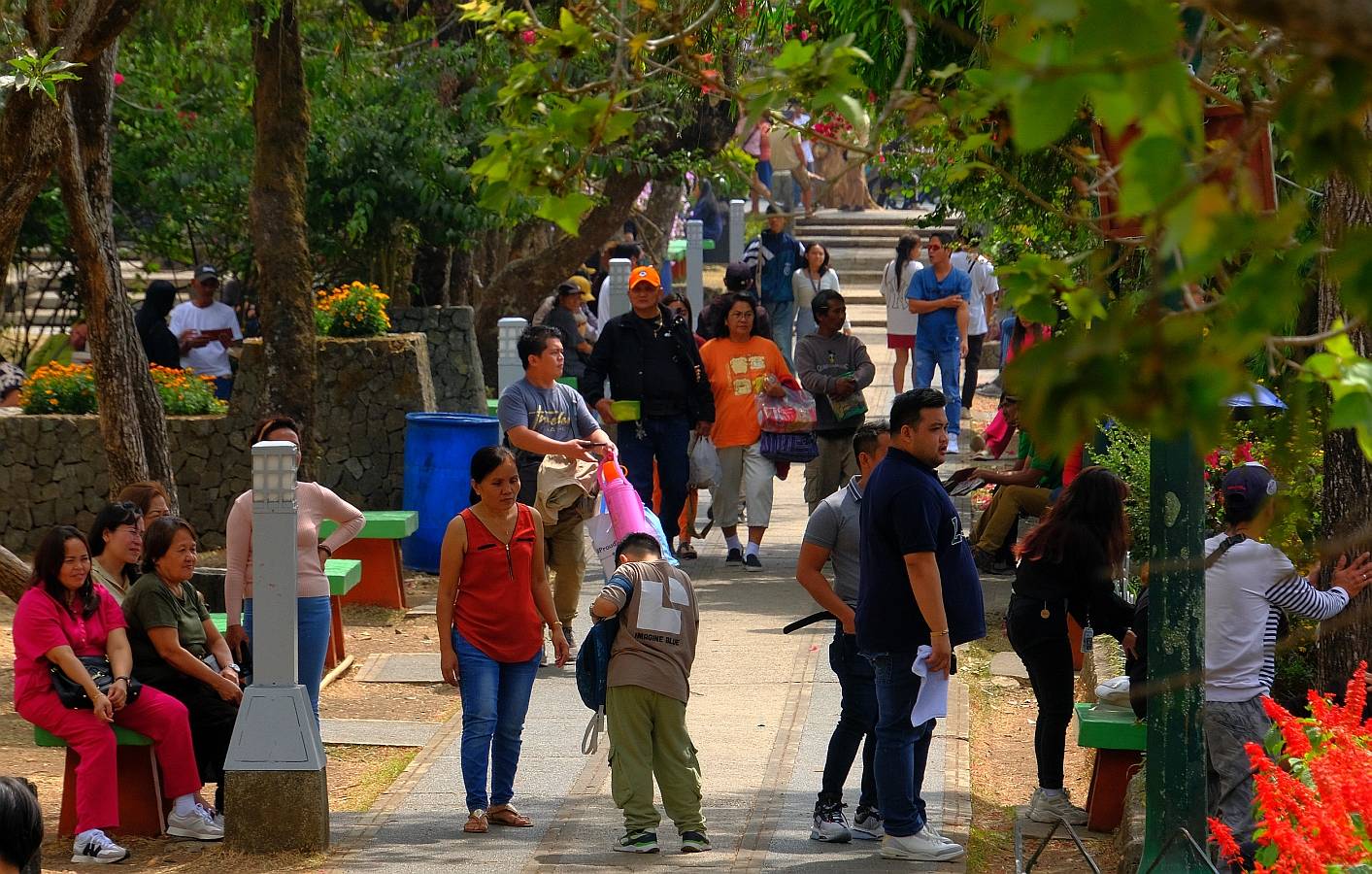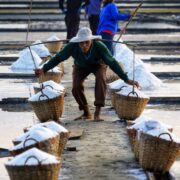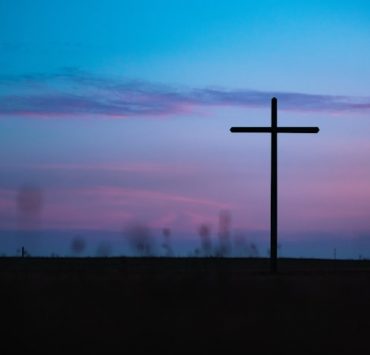Baguio still Cordillera tourism anchor

BAGUIO CITY—Tourism in the Cordillera, including this city, rose sharply by 31 percent in 2023, due in part to “revenge travelers” who are still making up for time lost during the imposition of movement restrictions at the height of the COVID-19 pandemic, the Department of Tourism (DOT) reported.
Jovita Ganongan, DOT Cordillera director, said the mountain region was visited by 1.685 million domestic and foreign guests last year, up from 1.28 million in 2022 but not yet matching 2019’s 2.015 million tourists, before the pandemic shut down all of the country’s top vacation spots.
At the annual Media Camp in Burnham Park on Wednesday, Ganongan said 97 percent of last year’s visitor arrivals were still recorded in Baguio City (1.309 million visitors).
The briefing was sponsored by the Baguio Correspondents and Broadcasters Club, which has revived Media Camp, an annual summer event in Baguio where local journalists hosted this year’s “Lucky Summer Visitors” or travelers who are visiting Baguio for the first time.
Because the city has always served as the gateway to highland provinces via the Halsema Highway, the DOT also tracked many Baguio guests traveling to neighboring towns in Benguet province, which boosted their tourism figures, she said.
La Trinidad, Benguet’s capital town, which is a few minutes drive from downtown Baguio, hosted 620,000 guests in 2023 because of its proximity to the summer capital, La Trinidad Councilor Belmer Elis said at the briefing.
Quoting the municipal tourism office, Elis said La Trinidad may have already drawn 300,000 to 350,000 visitors between January and March this year, having staged its annual Strawberry Festival only last month.
The rice terraces of Ifugao province, which are a combined World Heritage Site, the caves of Mountain Province’s town of Sagada and the tattoo artist haven in Kalinga province continue to be among the most visited Cordillera destinations, Ganiongan said.
But for the moment, these communities are nowhere near Baguio’s tourism record, which was also the first city to reopen to tourists in October 2020 while all of the country’s tourist communities were shuttered in the middle of the pandemic, said Anthony de Leon, president of the Hotel and Restaurants Association of Baguio, to explain its growth momentum.
Foreign guests
Last year’s foreign arrivals in the Cordillera also rose by as much as 200 percent, Ganongan reported.
Displacing South Koreans, French were the region’s dominant foreign tourists last year, with 4,698 visitors compared to 2022’s 1,000 French guests while American travelers, who visited the region’s mountains, caves and rustic highland communities, rose to 4,283 from 1,300 US tourists in 2022, Ganongan added.
Germans, Canadians, Spanish and British guests frequently toured the Cordillera highlands while Australian tourists appeared to be drawn to upland destinations, which are well suited for wellness activities, she said.
Long rides
Trips to the Cordillera still take too long, and is a key stumbling block for conventional tourists, she said.
Typical travelers spend 12-hour bus rides from Metro Manila to Kalinga or Apayao, or about six hours from Baguio, even as most of the region’s mountain roads have been paved and modernized, Ganongan said.
To make the long trips a part of the vacation experience, Ganongan said the DOT plans to open “scenic caravan tours,” possibly by 2025, where tourists can traverse the good roads connecting the least visible attractions of Kalinga and Apayao.
She said the lengthy trip could also be packaged as a food tour which highlights the culinary treats of towns on the road to the rice terraces or the Sagada caves.
Ganongan said the DOT would also encourage private investors and home grown entrepreneurs to build more accommodation facilities in what used to be remote tourist towns. —VINCENT CABREZA INQ
















